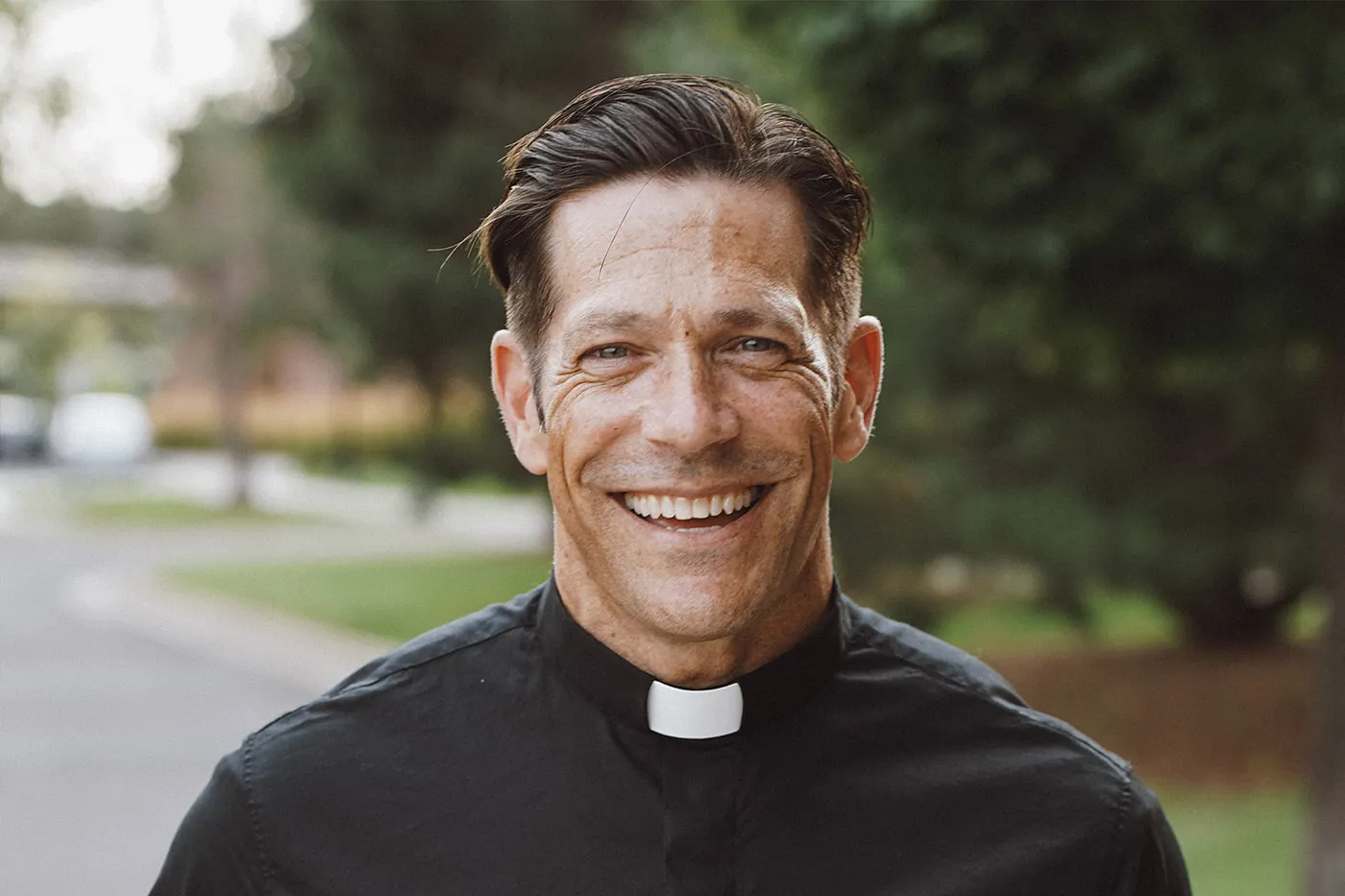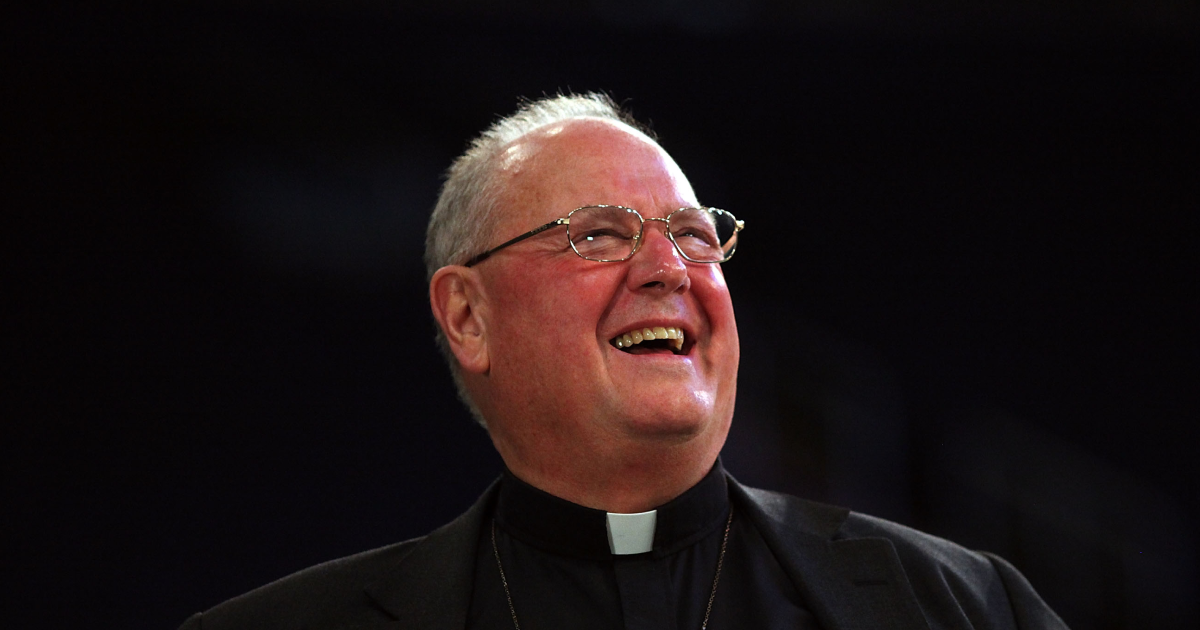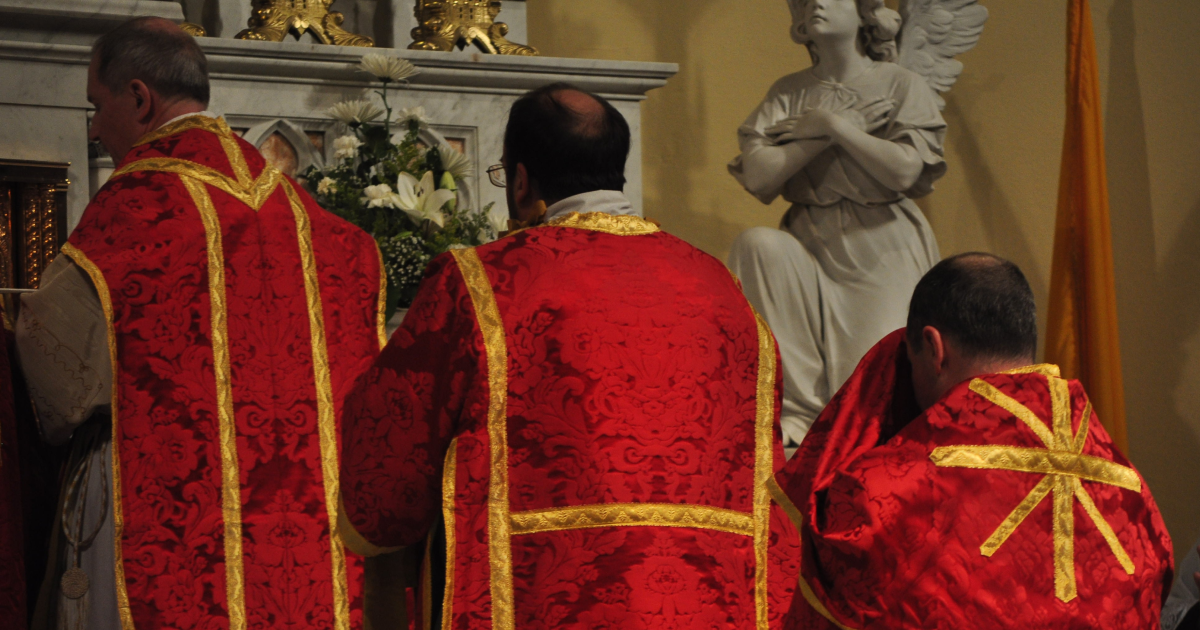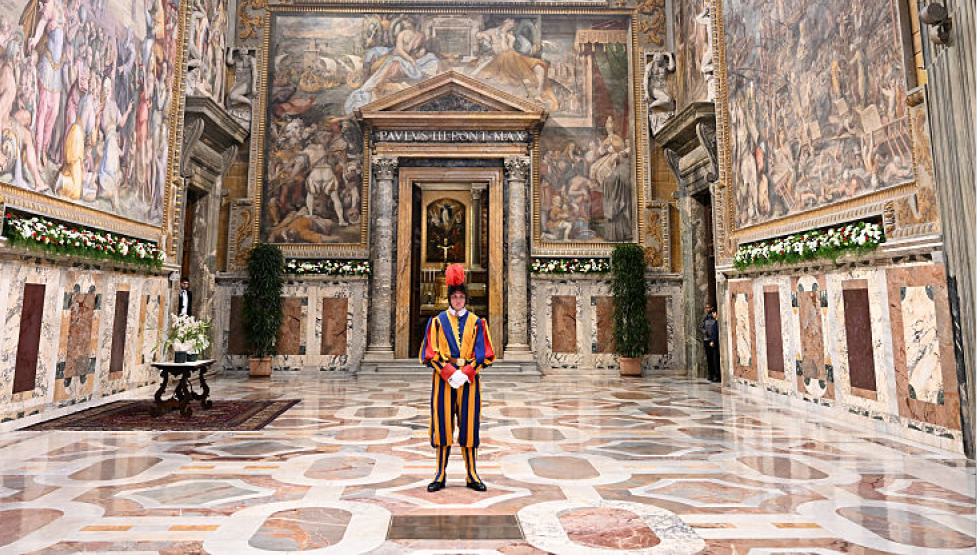Attorneys for the Diocese of Paterson in New Jersey have filed a motion to voluntarily dismiss their lawsuit against federal immigration agencies, signalling a resolution to a dispute over visas for foreign-born priests.
The suit, originally lodged on 8 August 2024, named the United States Department of State, United States Citizenship and Immigration Services (USCIS), and the United States Department of Homeland Security.
In a 31 October notice filed in the U.S. District Court for the District of New Jersey, the plaintiffs asked that the case be dismissed “to allow for Agency action and/or rule-making that will render moot the relief Plaintiffs sought from the Court”.
The original filing from 2024 had alleged that the agencies had implemented an “unlawful and unconstitutional alteration” in how visa availability is calculated for religious workers, leading to “profound immigration delays for non-citizen religious workers”.
According to the diocese’s legal representative, Raymond Lahoud, a deal now in place will have consequences not just locally but nationwide. In his emailed statement to OSV News, he said, “We reached a deal that impacts the entire country,” and indicated that further details would follow “as soon as I am permitted.”
The issue is of urgent practical concern for a large number of Catholic communities in the United States, according to Bishop Mark J. Seitz, Bishop of El Paso and chair of the United States Conference of Catholic Bishops (USCCB) Committee on Migration, who warned in spring 2024 that the backlog in religious-worker visas “is only expected to worsen with time, if not addressed.”
Commentators have noted that the Diocese of Paterson’s decision to withdraw may indicate confidence that regulatory change is forthcoming rather than a full victory in court.
The notice says the matter is dismissed so that the relevant agencies may act through regulation rather than litigation. According to OSV, Raymond Lahoud said the diocese had hoped the “Religious Workforce Protection Act” would resolve matters, as it amends the Immigration and Nationality Act to protect the status of religious workers caught in visa backlogs; however, that bill remains stalled in Congress.
There has been a sharp decline in vocations to the priesthood in the United States over recent decades, a trend that has led many dioceses to rely increasingly on clergy ordained abroad. That dependence has been placed under strain by shifting immigration policy, rising administrative burdens, and slower processing of non-immigrant religious-worker visas.
(Photo by RODGER BOSCH/AFP via Getty Images)

















